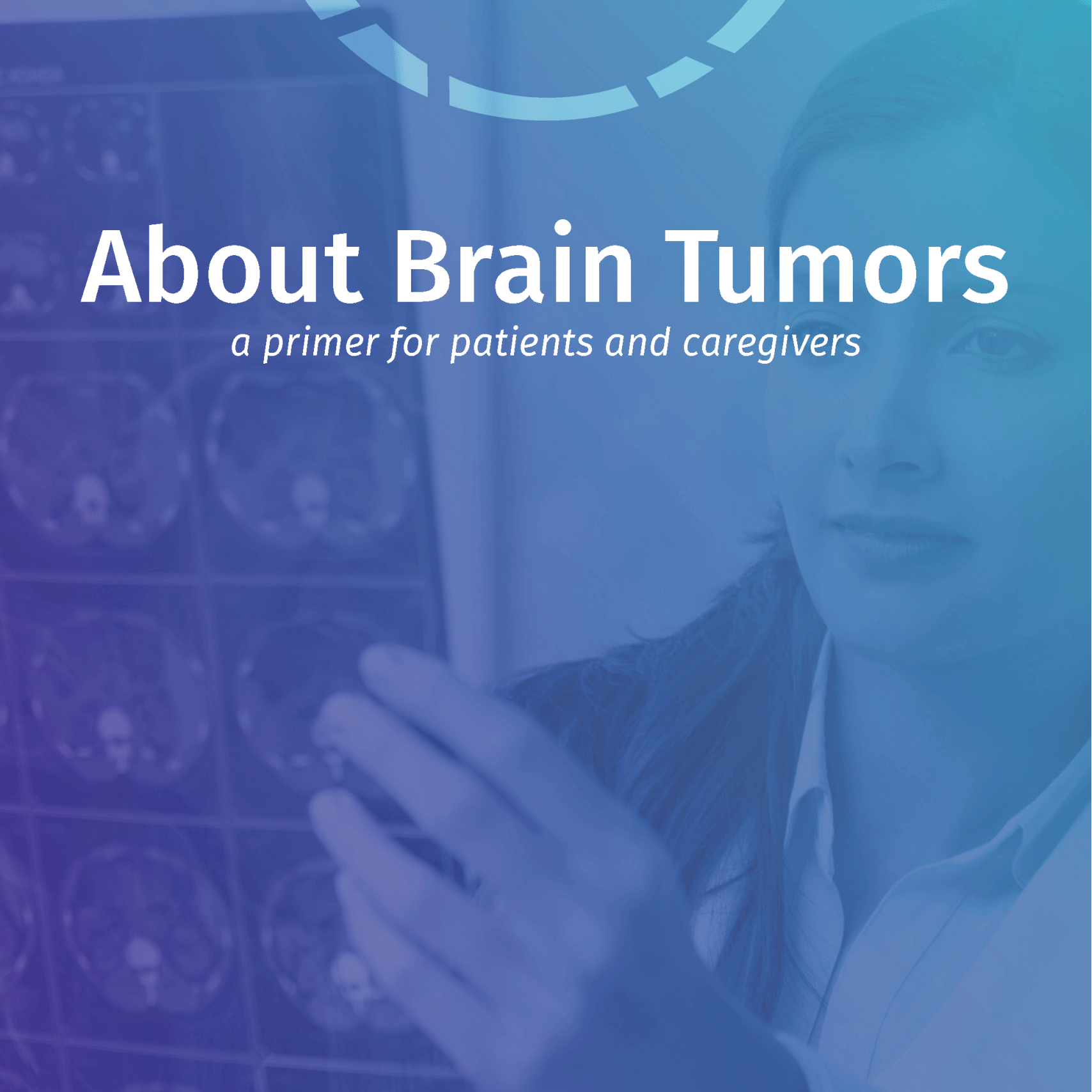Imagine a future where brain tumor treatments are not just more effective but also personalized to target specific genetic changes. Thanks to groundbreaking research into IDH mutations, that future is now within reach. IDH inhibitors, like the recently approved drug vorasidenib, bring hope to patients with IDH-mutant gliomas.
Let’s dive into what these inhibitors are, how they work, and why they matter for brain tumor patients.
What Are IDH Mutations?
In 2008, scientists discovered that about 70% of grade 2 and grade 3 gliomas carry mutations in the IDH1 or IDH2 genes. These mutations interfere with normal cell metabolism and create a harmful byproduct called 2-HG.
This buildup helps tumors grow, making IDH mutations a critical target for new treatments.
How IDH Inhibitors Work
IDH inhibitors are designed to block the effects of these mutations. By stopping the production of 2-HG, these drugs slow tumor growth and, in some cases, shrink the tumor. Unlike traditional chemotherapy, IDH inhibitors target specific mutations, minimizing side effects and improving patient outcomes.
The Development of Vorasidenib
Developing a drug like vorasidenib is no small feat.
Scientists spent years in the lab, testing compounds to find one that could effectively block IDH mutations. After rigorous preclinical testing, the drug moved into clinical trials.
These trials showed that vorasidenib significantly reduced 2-HG levels and doubled the time before tumors began to grow again, compared to placebo treatments.
What Makes Vorasidenib Unique?
Vorasidenib is a game-changer for patients with IDH-mutant gliomas. Its ability to cross the blood-brain barrier—a protective shield around the brain—sets it apart from other treatments. This means the drug can reach the tumor where it’s needed most, offering a new level of precision in brain tumor care.
Why This Matters for Patients
For patients with IDH-mutant gliomas, vorasidenib offers a way to delay more aggressive treatments like radiation and chemotherapy. This can help preserve cognitive function and quality of life. It’s a prime example of how precision medicine is transforming cancer care, one mutation at a time.
If you or someone you love is facing an IDH-mutant brain tumor, talk to your healthcare provider about targeted treatments like IDH inhibitors. Stay informed about the latest research and consider participating in clinical trials. Together, we can #MeetHopeHeadOn.































